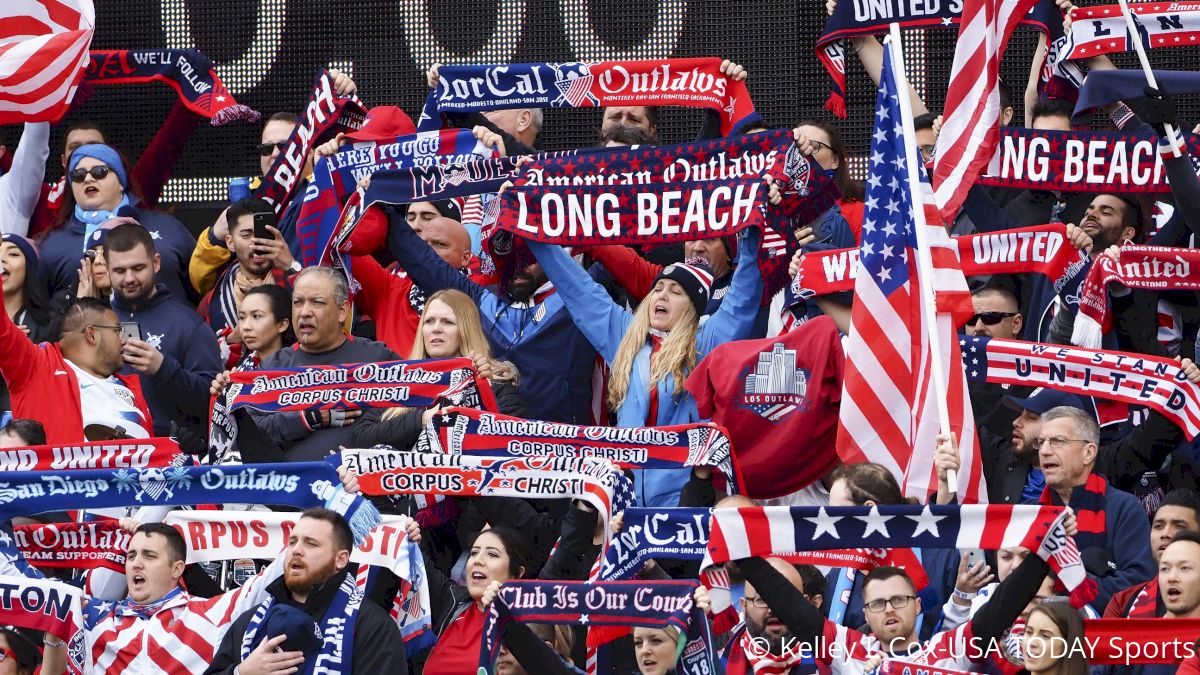How Sport Satisfies A Human Need For Community
How Sport Satisfies A Human Need For Community
Sports, and sport fandom, help us feel a human need for connection with those around us.

There have been occasions where, for work-related reasons, I have had to watch football matches alone. It has been during these times where I have been lucky enough to marvel at fantastic goals scored and brilliant skill displayed on the pitch.
Yet to me, watching without company feels like watching the game in black and white, everything is still there, but the color which brings everything to life is conspicuously absent. This naturally leads us on to the question of the role of community in sport.
Why do we like to celebrate and commiserate with others by our side?
It really comes down to the basic theory that as human beings, we are intrinsically connected with others, and there is something primal in the satisfaction of joining together with others to share the things that we love. In football, sometimes we experience both joy and pain with those we have specifically travelled to the stadium with, and there are also those times in which we feel uplifted by communal joy in the celebration of a wonderful moment during the match with thousands of others in the stadium.
Brené Brown, a research professor at the University of Houston, believes these moments remind us of our “common humanity,” and this is something that becomes ever-more important in the technological age in which we are becoming more and more disconnected with others in the world around us.
Through extensive research detailed in her book Braving the Wilderness, Brown reveals that these collective experiences are “so deeply human that they cut through our differences and tap into our hardwired nature.” She says as human beings, we need moments with both loved ones and strangers to remind us “that despite how much we dislike someone on Facebook or even in person," we are still inextricably connected.
It’s true that there will certainly be people whom I don’t like or don’t share the same outlook on life with when I’m part of a 30,000 crowd at Fiorentina. Yet for those 90 minutes, this does not matter one bit, as we urge the home side forward, united as one for a common goal of victory. In this world there are far too many things that seek to divide us, and the game of football provides a platform to rejoice in our commonality.
“In this climate, the more we’re willing to seek out moments of collective joy and show up for experiences of collective pain—for real, in person, not online—the more difficult it becomes to deny our human connection,” Brown continues. “Even with people we may disagree with. Not only do moments of collective emotion remind us of what is possible between people, but they also remind us of what is true about the human spirit: we are wired for connection.”
The invention of the internet certainly makes many of us think we know everything. After all, any information we could ever possibly need is readily available at the touch of a button. While the merits of this are undeniable, the downside of the addiction to our devices is disconnection and a loss of a sense of community with those around us.
Football can cure both of these problems in one fell swoop; the gathering of people reinforces the sense of community, while the intrinsic unpredictability of the match’s outcome blocks our “know-it-all” demeanor that comes from us all having a portable search engine on our person at all times.
So if we accept Brown’s research as true, what about those fans who cannot reach the stadium? How can they stay connected?
In the case of Serie A teams, there are pockets of supporters all over the world, many of whom have never been to Italy to see a match. Yet the inaccessibility of in-person football does not penalize them from creating their own communities, as you will see in the coming weeks.
Our natural desire to make connections has seen outposts all over the world create Serie A fan clubs where people can come together—sometimes at the most ungodly hours of the day—just so they can watch televised matches together. Such dedication provides all the proof needed to suggest that watching games alone is not the way that most people want to experience the sport, and they don’t need a stadium in order to create a hub in which they can demonstrate support for the side.
Over the next few weeks, we at FloFC will be speaking to some of these communities, and finding out what makes them special, as we look to create more ways in which we can satisfy our very human desire to connect.
Chloe Beresford specializes in Serie A for a number of outlets and can be found on Twitter and on Facebook via her page CalcioByChloe.